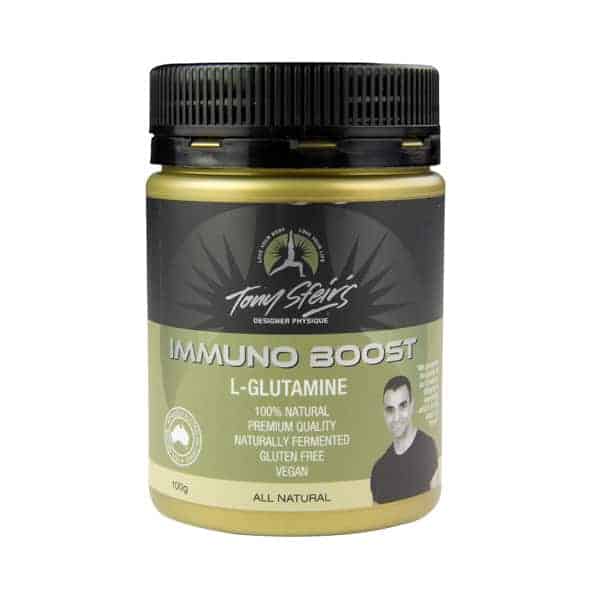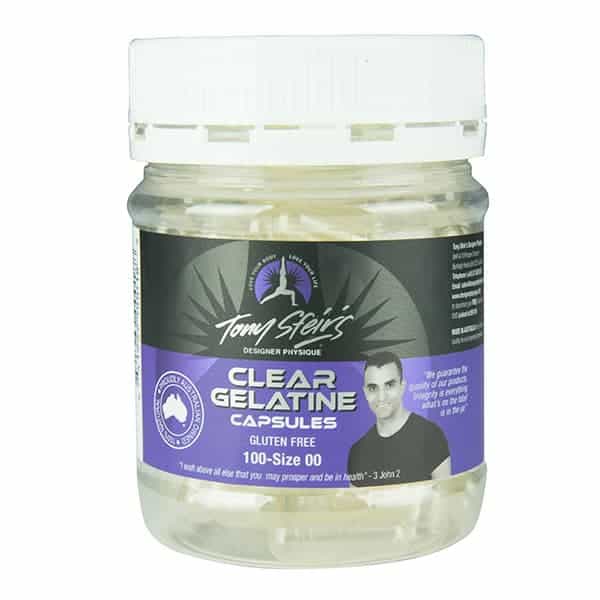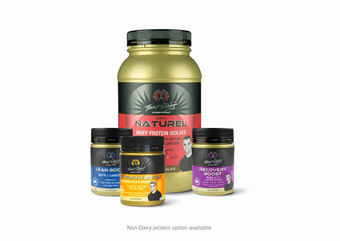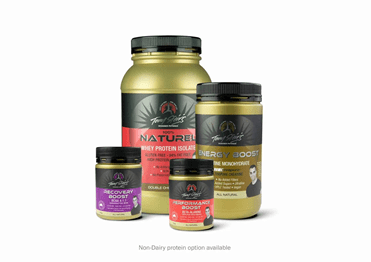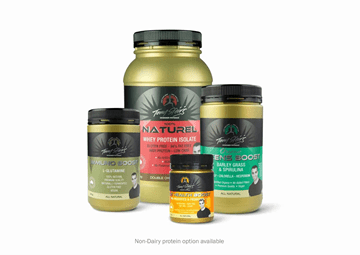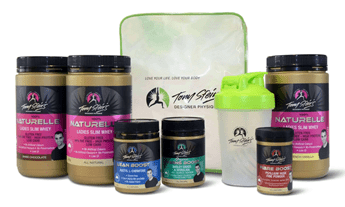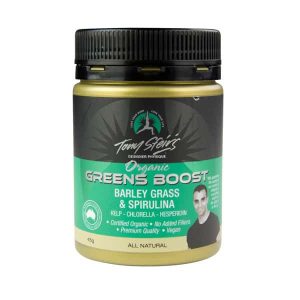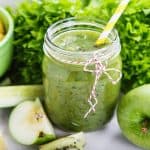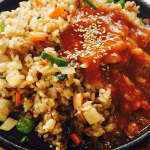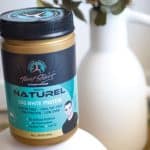Article At A Glance:
|
The festive season is upon us, and this is often a time when the pressures to both eat healthily and indulge in foods we don’t necessarily want becomes more real.
Of course, it is important to enjoy this seasonal event, but should never be a reason to binge and over-consume on foods for the sake of doing it.
At Designer Physique, our motto is to Love Your Life and Love Your Body, and one part of this is how we set up our relationship with food.
In this article, we will discuss the art of mindful eating, and the various attitudes, lifestyle choices and attitudes we can shape to have a healthier relationship with food.
Let’s dive in.
Mindful Eating: Being Guilty About Eating Food
Understanding the guilt we feel before or after we eat certain foods is the first step towards having a healthy relationship with food.
A prime example of this is Christmas day when we’re almost bombarded with an overwhelm of foods we wouldn’t usually eat on a daily basis, but often feel obligated to eat it.
While we don’t want to be overly restrictive, we also don’t want to overindulge, it’s important to have a healthy balance here.
How do we stop binge eating from getting out of control though? One strategy is to consume a large protein meal beforehand, such as a serving of Designer Physique Whey Protein Isolate (WPI).
Check out how Tenille Duncan uses this strategy to stop herself from overconsuming cheesy snacks from the amass of “nibbles” you can find around the Christmas festive season.
While our WPI is low in calories, the high protein keeps us full and less likely to feel like we need to eat or overindulge more than we should.
Learn more about our Whey Protein Isolate (WPI) here.
Voraciously Tracking Calories/Macros
There’s no doubt about it, tracking calories is definitely positive and advantageous to our health.
Until it compromises on mindful eating and impacts our relationship with food, which often becomes a major hindrance around the festive season.
Tracking calories allows us to keep us on track with our training goals and weight loss journey, assuming we’re not being too restrictive.
When we limit ourselves too much to let’s say, go to a nice restaurant because the macros won’t fit, we could stop seeing food as enjoyment and more as a number.
This is especially important around the Christmas season, where we need to be a little more flexible and allow room for enjoyment and balance, rather than extreme restriction.
For peace of mind though, it’s best to note that all Designer Physique Protein Powders use Thaumatin, one of the lowest-calorie sweeteners on the market.
Learn more about The Benefits of Thaumatin here.
Pressure & Judgement
When we’re in the health industry, whether it’s your job or something you’ve positioned yourself in for a while, there’s pressure to eat healthier than everyone else.
On the flip side, eating unhealthily when you’re expected to eat healthier creates guilt (which isn’t good as we highlighted earlier), and often reinforces a negative relationship with food.
This is not something we want to reinforce, especially around Christmas time where we should be promoting a positive mindset on food consumption.
Regardless of where you’re positioned, or the health journey you’ve been on, we’re all allowed to deviate off track from time to time, it’s completely normal.
In fact, we should allow ourselves moments where we can take a break from the potentially rigid structure that can sometimes come from healthy living, calorie counting and restrictive diets.
Christmas time is the perfect moment to reward yourself and appreciate good food regardless of calorie density or sugar content.
“Good” and “Bad” Food Baskets
One final note that can dissociate our relationship with food is when we label foods as good or bad.
We tend to mentally stamp most “good” foods with a tick of approval, whereas the “bad” foods often get somewhat demonised.
Most food you see around the festive Christmas season could be seen as “bad”, but if you switch to a more mindful eating perspective, it may actually not be that bad for us in moderation.
Christmas is a time for joy, and balance is a key in everything we do, and food is no exception.












